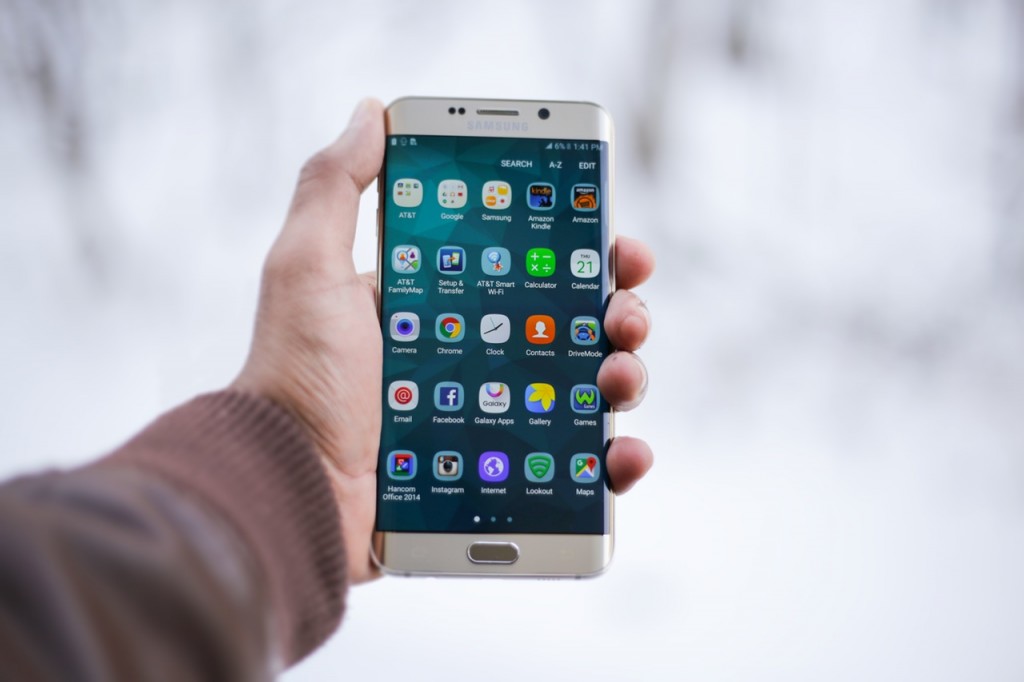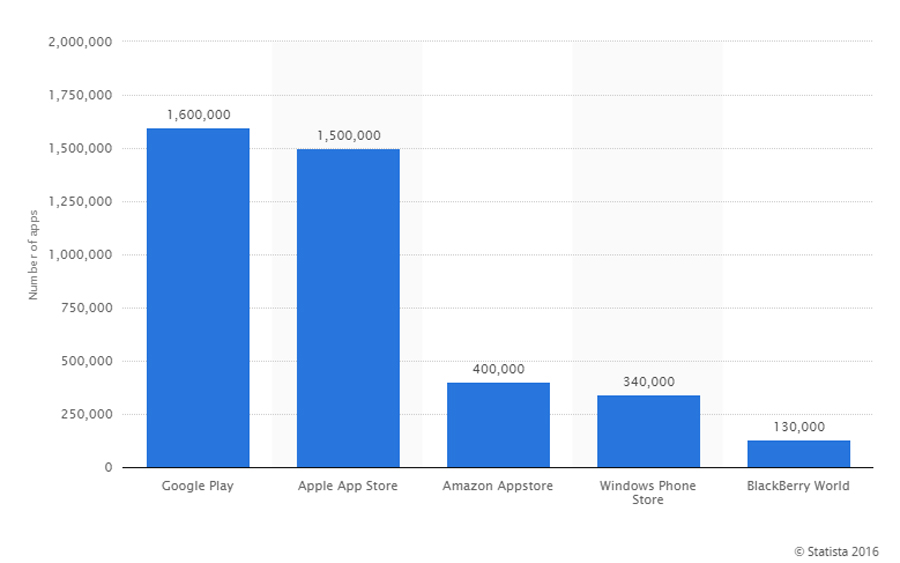Tech Experts Say Apps Will Be Gone Soon
Here’s an important question to the tech world, “Are we entering the post-app era?” This article title from a recent TechRadar article seems to be hinting that mobile apps may just come to an end in a few years. This pronouncement was made after the release of a major innovation― virtual personal assistants or VPAs. TechRadar has already made this prediction as early as 2015 when artificial intelligence and voice prompts have innovated the mobile industry.
It seems impossible for many mobile users, especially when mobile app downloads have been increasing over the years. Online statistics portal Statista, shows a steady increase in mobile app downloads, starting with 2.5 billion downloads in 2009 to more than 224 billion by 2016. By 2017, app downloads may well reach beyond 250 billion by next year. It’s an increase of roughy 40,000 downloads year on year.
On the app development side, close to four million mobile applications are out in the market through different platforms as of July 2015. Bulk of these apps are found on Google Play with 1.6 billion apps available while Apple App Store has 1.5 million. The remaining apps are shared by Amazon Appstore with 400,000, Windows Phone Store with 340,000, and Blackberry World with 130,000.
The International Data Corporation (IDC) recently reported that total app direct revenues around the world have reached 34.2 billion dollars in 2015. The projection of IDC by 2020 would be almost double, at 57 billion dollars in direct revenues alone. However, it also cautioned that app growth may hit a plateau soon, a prediction that other tech experts like TechRadar have already mentioned.
Number of apps available in leading app stores as of July 2015 (via Statista.com)
Crowded App Marketplace
Even if the revenues seem quite a lot of money, the app industry is already getting overcrowded. More and more apps are finding it hard to do good business that even the Telegraph calls it an industry where “apps have become a lousy business for many.” A reason behind this, as the article explained, was the domination of website giants in the app world. Facebook for example, started out as a website and later on built an app version. It was such a huge success that it is now one of the most downloaded and used apps. Add the fact that it recently subsumed Instagram and WhatsApp, both of which are also highly used by mobile consumers.
This became difficult for other app developers especially start-ups. Those who want to earn a rightful spot in the phones of users are now closing shop or laying off staff. The burden also becomes heavier for developers as marketplace owners like Google and Apple get a cut in their direct app revenues.
Five Apps Only
Developers also have to contend with the behavior of mobile users. In a research done by Nielsen a year ago, they found that only five mobile apps are heavily used out of the 26 apps used by Americans per month on average. “Despite the increase in choices, the number of apps used is staying the same,” Nielsen stated in their report. And even if there are a million apps to choose from, 70 percent of usage is coming from the top 200 apps. This is considering that people already spent more time using them, from 23 hours a month back in 2012 to more than 37 hours a month by 2014.
Nielsen also reported that the increase in app usage is driven by entertainment apps. Games have been getting the most attention and money from mobile users via in-app purchases. Music comes in as the second most popular subcategory among users; and video or movie apps come in third.
The post-app era is predicted to be dominated by so-called “smart agents” or VPAs (virtual personal assistants). It will be a world in 2020 where apps will no longer be accessed by users but by virtual assistants like Microsoft’s Cortana, Amazon’s Alexa, Apple’s Siri, and Google Now.
But all hope is not lost for mobile apps. Tech users still see its existence and integration in a virtual future. But app developers should indeed be more aware of the changing landscape.


